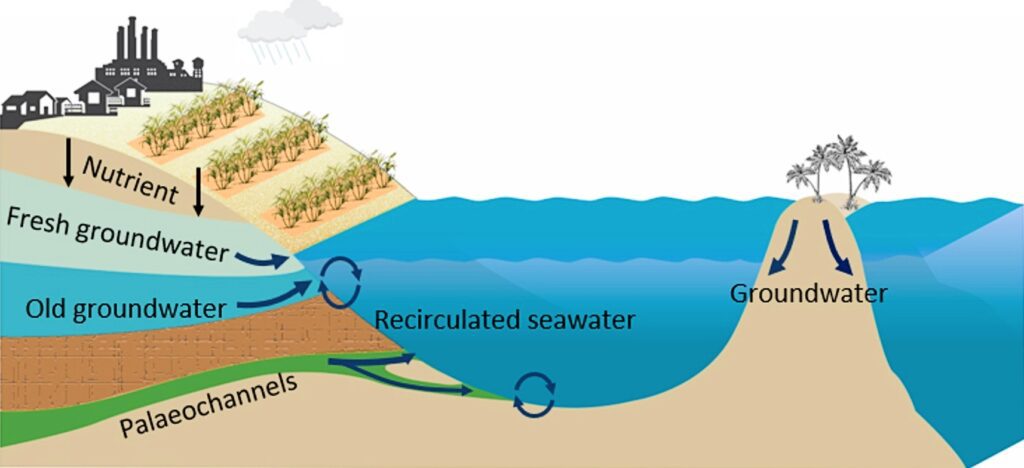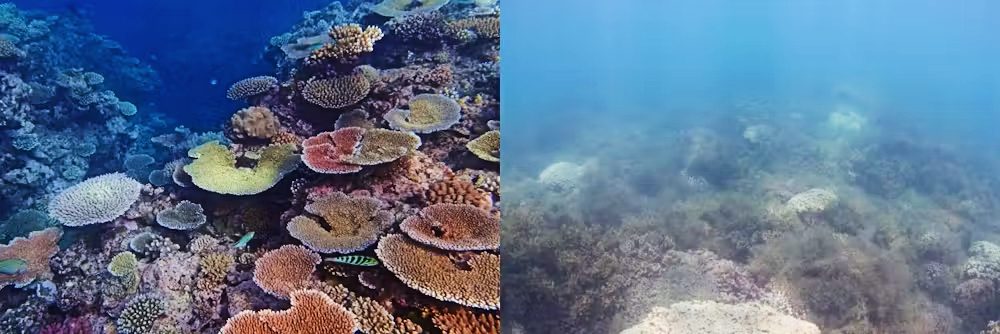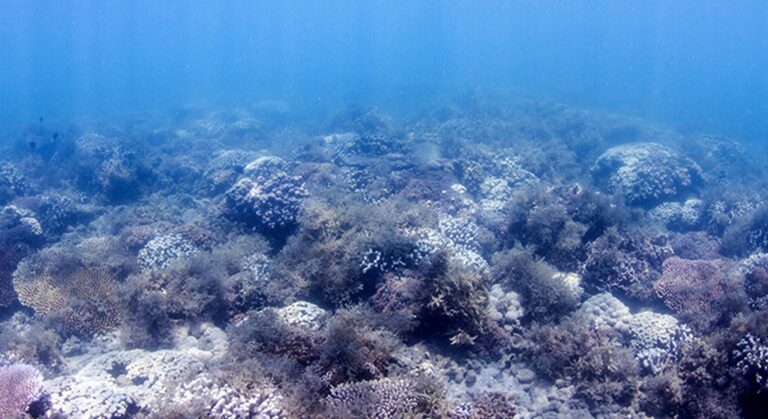Climate change isn’t the only existential threat to the coral that make up Australia Great Barrier Reef, it seems – a scientific team has just revealed a previously hidden chemical threat seeping out from beside and beneath the iconic reef.
Using natural tracers off Queensland’s coast, the researchers managed to discover the source of previously unquantified nitrogen and phosphorus that they say has been having a profound environmental impact on the GBR. Such over-abundant nutrients in water start the damaging process called eutrophication.
They concluded that submarine groundwater discharge from a variety of sources, from underground aquifers to the seabed, was 10-15 times greater than river inputs – a factor not previously unaccounted for in management of the GBR.

The team collected data from offshore transects, rivers and coastal bores in an area from south of Rockhampton to north of Cairns, using radium isotopes to track how much nutrient was transported from land and shelf sediments via invisible groundwater flows.
“Groundwater discharge accounted for approximately one-third of new nitrogen and two-thirds of phosphorous inputs, indicating that nearly twice the amount of nitrogen enters the reef from groundwater compared to river waters,” said Prof Damien Maher of Southern Cross University, which led the research team.
He pointed out that the lion’s share of efforts to mitigate the impact of nutrients on the GBR had been focused on river discharges.

“Nutrients are essential to support the incredible biodiversity of the Great Barrier Reef,” said the lead author of the study, Dr Douglas Tait. “However, an excess of nutrients can lead to detrimental issues such as harmful algal blooms, crown-of-thorns starfish outbreaks and fish diseases, which have been on the rise in the reef over the past few decades.
“Unlike river outflow, nutrients in groundwater could be stored for decades underground before being discharged into coastal waters, meaning research and strategies to protect the reef need to be long-term.

“Our study underscores the need for a strategic shift in management approaches aimed at safeguarding the GBR from the effects of excess nutrients,” said Dr Tait. “Our understanding and ability to manage the sources of nutrients is pivotal in preserving the reef for generations to come.”
The study, produced by Southern Cross University with the Commonwealth Scientific & Industrial Research Organisation (CSIRO), the Australian Institute of Marine Science (AIMS) and Sweden’s Gothenburg University, is published in Environmental Science & Technology.
Also on Divernet: Ocean Sentinels form new GBR dive trail, Take a virtual dive on the GBR, Coral boom on GBR – but fears remain, GBR bleaching again – as fish fade to grey

